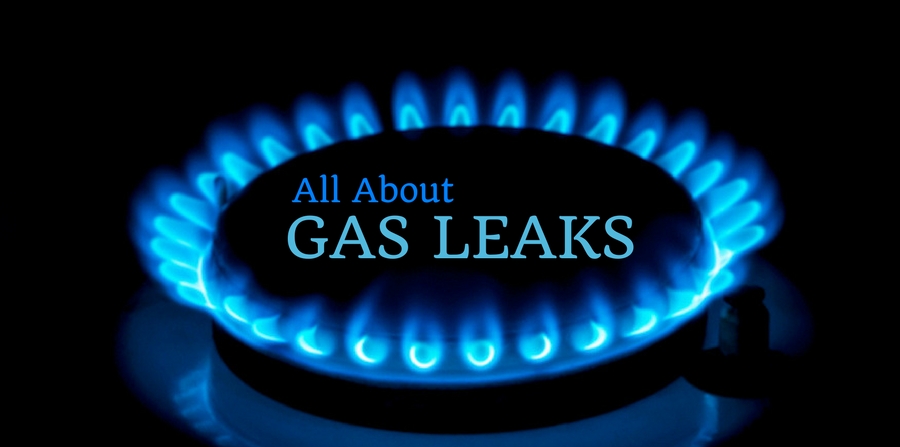You may have heard of how dangerous and life-threatening gas leaks can be. The thought of one sends cold chills down your spine, and you’re worried sick about what to do if you have one in your home.
The good news is that gas leaks can be handled safely with early detection and the intervention of professional plumbers. Familiarise yourself with the signs below, contact your gas plumber when you find a leak, and you’ll have peace of mind.
Signs of a Gas Leak
Most gas leaks have signs that will help you catch the gas leak in its early stages. You don’t need to buy complicated or advanced detectors; these cost-free signs will serve the purpose.
Foul Odour
The smell of rotten eggs, sulphur, or sewage in your home could be an indication of gas leakages. You can look further to assess the specific origin of the smell. This natural detection is the simplest of all.
Hissing Sounds
When you hear some hissing sounds in your home, don’t be quick to think of it as a snake invasion! It could be a gas leak. Listen keenly to identify the source of the sounds. If it’s coming from near the AC, it could be a damaged compressor, a refrigerant line, or a leaking valve.
Dead Plants
Plants are sure indicators of gas leaks. An underground leakage can wither and kill plants close to the leak. Natural gas displaces oxygen in the soil, causing plants to suffocate. It also acidifies the soil so plants can’t grow and kill houseplants by displacing oxygen and carbon dioxide in the house.
Small Bubbles
When you’re sure of leaks but can’t tell the location, a bubble test can help. Prepare a mixture of one teaspoon of soap with one cup of water and apply it generously on suspected areas of the gas pipes. Concentrate the mixture more at the joints or where two pipes join. If you see bubbles forming, you’ve located your leak!
Physical Symptoms
Common symptoms of natural gas inhalation include breathing difficulties, drowsiness, nausea, fatigue, dizziness, and headaches. These symptoms are due to oxygen displacement by natural gas in your house. However, gas leaks are not the only cause of these symptoms, so you should seek medical attention urgently.
What to Do Next?
When there’s a gas leak in your home, it’s essential to turn off the main gas valves and open the windows and doors. You should then go outside with your family and pets and call for professional help.
If your home is fully saturated, you may not have enough time to turn off the gas and open windows. In that case, run out with your family and pets to a safe distance away from your home. You can then call the fire department and your gas plumber too.
Conclusion
You don’t need to be a professional or purchase expensive devices for gas leak detection. You can detect them on your own using the signs given above. Are you suspecting any leaks in your home? Don’t delay: call a licensed gas fitter to safely fix your gas leaks.
